Charlie Baker announces new gathering and restaurant rules amid COVID-19 uptick
The Massachusetts governor also said that the second step of Phase 3 of the state's reopening plan is indefinitely postponed.
With most businesses open and the number of COVID-19 cases in Massachusetts ticking up, Gov. Charlie Baker says that, in some ways, residents have to work harder than ever to prevent the spread of the disease.
And as a result of the recent uptick, Baker announced Friday that he is reducing the limit on outdoor gatherings from 100 to 50 and indefinitely postponing the second step of Phase 3 of the state’s reopening plan, among several other moves to ramp up enforcement of the existing rules.
“This uptick in cases and reports of people not adhering to guidance we have put forth here in Massachusetts means we cannot move forward at this time, or any time soon in the near future,” the Republican governor said.
While some experts have suggested the state should consider rolling back its reopening plan, Baker said that — based on the state’s contact tracing reports — the recent increase in cases is in large part due to clusters caused by large gatherings, where residents were not wearing face coverings or social distancing, including pool parties, birthday parties, and holiday parties.
“Theses parties are too big, too crowded, and people are simply not being responsible,” he said.
According to Baker’s order, the positive COVID-19 test rate in Massachusetts has increased from approximately 1.7 percent to 2.1 percent over the past three weeks, while the seven-day average number of new cases over that same time period has risen from 166 to 234.
Reduced gathering limit
Under the revised order, which takes effect Tuesday, the limit on indoor gatherings will remain at 25 people for a single enclosed space.
However, the new order limits outdoor gatherings to no more than 50 people — or 25 percent of a facility’s maximum legal occupancy — and requires attendees to maintain at least six feet from members of other households. The social distancing requirement applies to both indoor and outdoor gatherings, unless it is “not reasonably possible.”
While outdoor political demonstrations, religious activities, and businesses that had been allowed to open are exempted from the order, the reduced outdoor gathering limit does apply to both public and private venues, including organized events at private homes, backyards, parks, athletic fields, and parking lots. In other words, it does not set a capacity limit for the number of people who are independently at a park, beach, or another type of unenclosed space.
Additionally, the order requires everyone over the age of 2 to wear a face covering at organized gatherings of more than 10 people involving more than one household. That includes private indoor or backyard house parties.
Slowing down the reopening
The postponement of the second step of Phase 3 affects indoor theaters and performance venues — though not movie theaters, which could open with capacity limits under the first step of Phase 3 — as well as certain indoor recreational activities where there is a higher potential for person-to-person contact, like laser tag, roller skating, trampolines, and obstacle courses.
Prior to Friday, it had been unclear when that step would have otherwise begun. And when Phase 3 began last month, Baker said it would last significantly longer than the first two phases of the reopening plan.
Officials say Phase 4 — which includes bars, nightclubs, amusement parks, and large arenas — will not begin until there is an effective treatment or vaccine for COVID-19.
On that note, Baker also announced Friday that the administration was updating its restaurant guidance to clarify that alcohol can only be served if “accompanied by food prepared on site.”
“Bars are closed in Massachusetts,” he said. “And bars masquerading as restaurants also need to be closed.”
The move comes after Baker said some places were serving pretzels and potato chips to meet the food service requirement, which he said went against the spirit and intent of the reopening rules.
“You need to be serving food that’s prepared on site, and the people who are in your venue need to order and eat food if they’re going to order a drink,” the governor said.
How the rules will be enforced
In conjunction with the other announcements, Baker said Friday that officials will work to ramp up enforcement of the new and existing rules.
First, the administration is giving state and local police the enforcement authority. Previously, local health and inspection officials had been tasked with enforcing the rules, which impeded action when witnesses tried to report violations to police, according to Baker.
“Part of the reason the locals didn’t do anything is because they didn’t have any authority to do anything,” he said
Under the governor’s order, police will now be able to fine event hosts up to $500 for each violation.
Baker also announced a statewide COVID Enforcement and Intervention Team that will work to make sure residents are following the rules and coordinate mitigation efforts in communities where COVID-19 appears to be on the rise, based on the number of new cases and the percentage of positive tests.
The cross-agency team will particularly focus on making sure businesses are following the state’s sector-specific guidelines. Restaurants could also have their liquor licenses suspended or canceled for violations.
However, the team will also engage in public awareness campaigns, help municipalities access federal relief funds, and even restrict or shut down local parks, playgrounds, businesses, or other spaces believed to be contributing to COVID-19 spread in higher-risk communities.
Pressed on why he wasn’t taking more aggressive action — such as rolling back the reopening plan to ban indoor dining and other higher-risk, close-contact activities — Baker acknowledged that there were “some issues with bars and restaurants.” However, he suggested the new clarifications were sufficient and that large private gatherings were a bigger problem, based on the contact tracing data.
“The biggest issue we have is people who are familiar with people being familiar with them — in big groups — and that translating into spread,” he said.
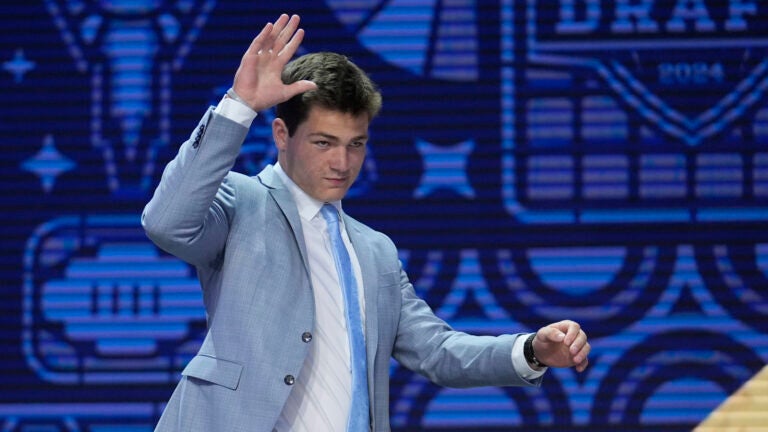
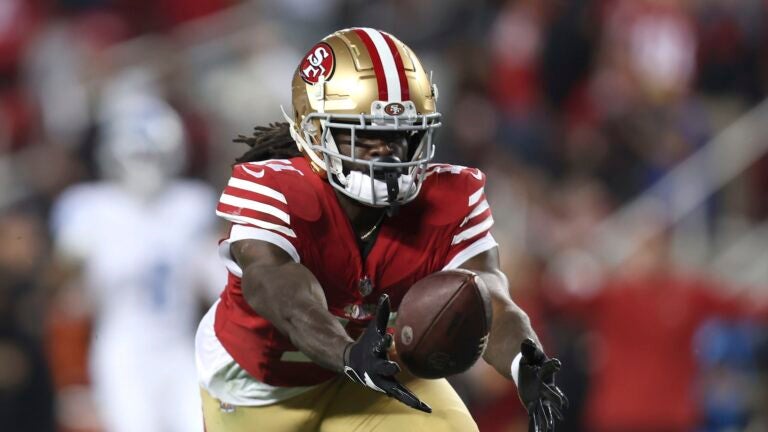
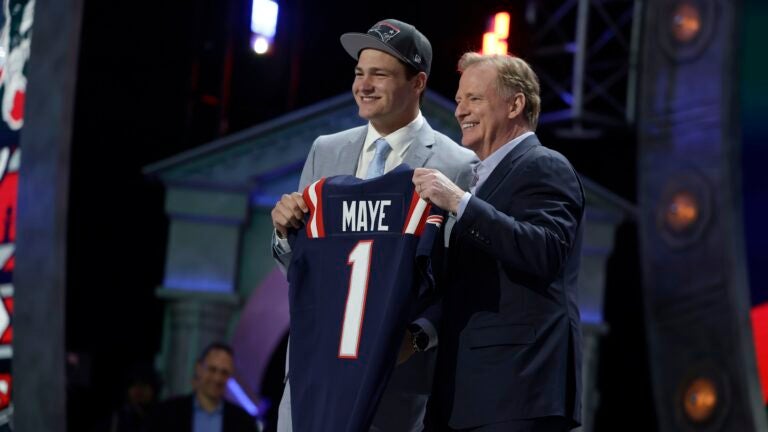
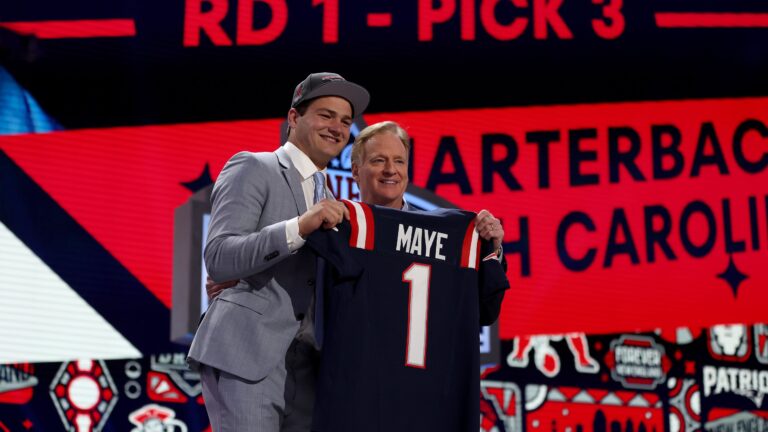
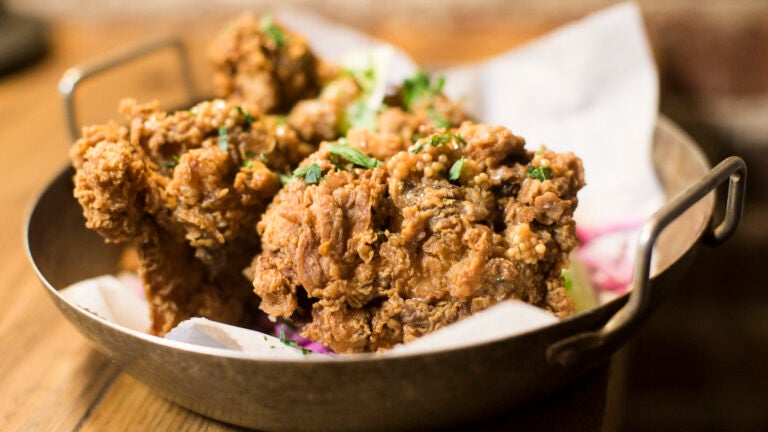
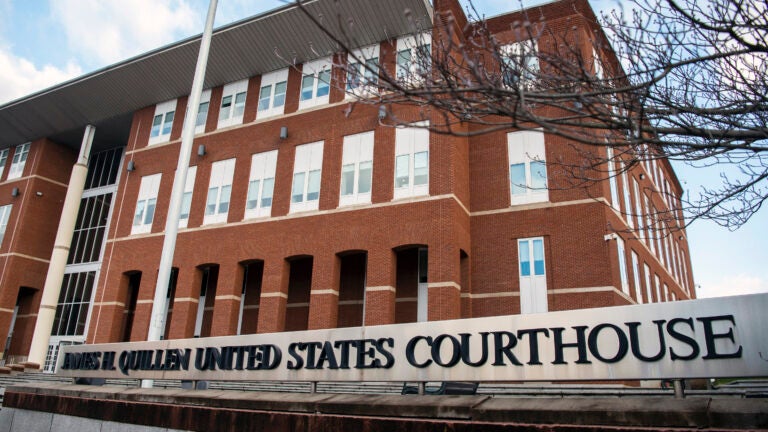
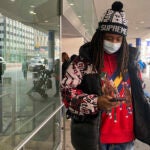
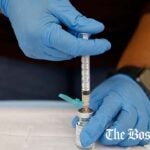
Conversation
This discussion has ended. Please join elsewhere on Boston.com